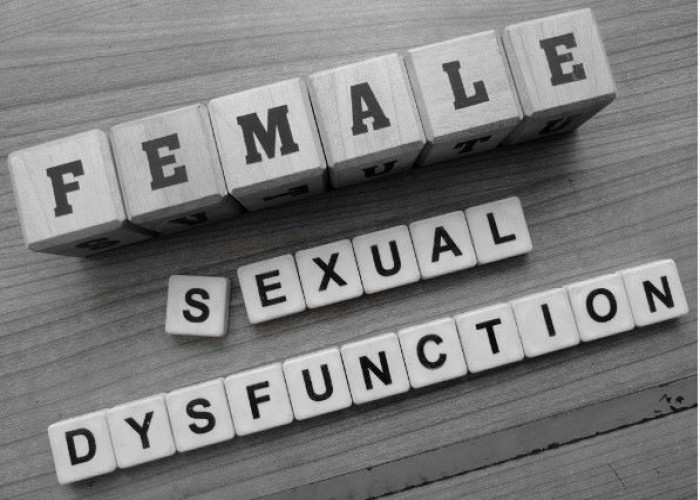 Welcome
Welcome
“May all be happy, may all be healed, may all be at peace and may no one ever suffer."
Female sexual dysfunction
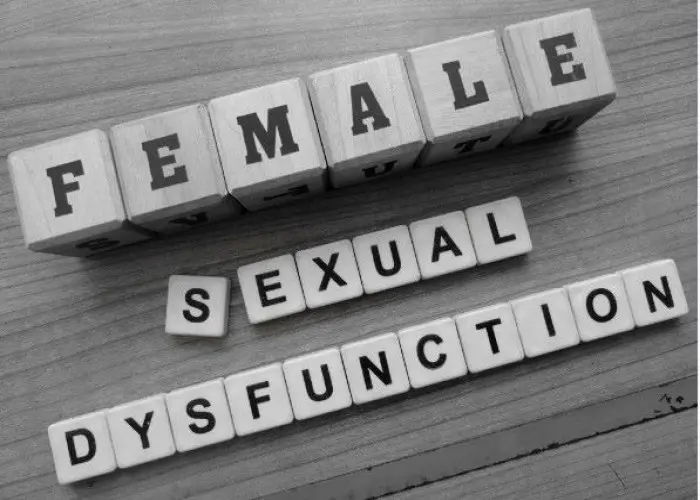
Female sexual dysfunction (FSD) refers to a range of sexual health problems that affect women. These problems can include a lack of sexual desire or interest, difficulty becoming aroused, trouble achieving orgasm, and pain during sexual activity.
FSD can be caused by a variety of factors, including hormonal imbalances, medical conditions such as diabetes or heart disease, side effects of medications, psychological issues such as depression or anxiety, and relationship problems.
Treatment for FSD depends on the underlying cause of the problem. For example, if the issue is due to a medical condition, such as diabetes, treating that condition may improve sexual function. Counseling or therapy may also be helpful, particularly if FSD is related to psychological issues or relationship problems. In some cases, medications or devices may be prescribed to help improve sexual function.
It's important to note that FSD is a common issue that affects many women, and seeking help from a healthcare professional or sexual health specialist can be a helpful first step toward finding a solution.
Research Papers
Disease Signs and Symptoms
- Sexual dysfunction
- Reduced sexual desire
- Painful sexual intercourse (dyspareunia)
Disease Causes
Female sexual dysfunction
Sexual problems often develop when your hormones are in flux, such as after having a baby or during menopause. Major illness, such as cancer, diabetes, or heart and blood vessel (cardiovascular) disease, can also contribute to sexual dysfunction.
Factors — often interrelated — that contribute to sexual dissatisfaction or dysfunction include:
- Physical. Any number of medical conditions, including cancer, kidney failure, multiple sclerosis, heart disease and bladder problems, can lead to sexual dysfunction. Certain medications, including some antidepressants, blood pressure medications, antihistamines and chemotherapy drugs, can decrease your sexual desire and your body's ability to experience orgasm.
- Hormonal. Lower estrogen levels after menopause may lead to changes in your genital tissues and sexual responsiveness. A decrease in estrogen leads to decreased blood flow to the pelvic region, which can result in less genital sensation, as well as needing more time to build arousal and reach orgasm.
- The vaginal lining also becomes thinner and less elastic, particularly if you're not sexually active. These factors can lead to painful intercourse (dyspareunia). Sexual desire also decreases when hormonal levels decrease.
- Your body's hormone levels also shift after giving birth and during breast-feeding, which can lead to vaginal dryness and can affect your desire to have sex.
- Psychological and social. Untreated anxiety or depression can cause or contribute to sexual dysfunction, as can long-term stress and a history of sexual abuse. The worries of pregnancy and demands of being a new mother may have similar effects.
- Long-standing conflicts with your partner — about sex or other aspects of your relationship — can diminish your sexual responsiveness as well. Cultural and religious issues and problems with body image also can contribute.
Disease Prevents
Disease Treatments
Keep in mind that sexual dysfunction is a problem only if it bothers you. If it doesn't bother you, there's no need for treatment.
Because female sexual dysfunction has many possible symptoms and causes, treatment varies. It's important for you to communicate your concerns, as well as to understand your body and its normal sexual response. Also, your goals for your sex life are important for choosing a treatment and evaluating whether or not it's working for you.
Women with sexual concerns most often benefit from a combined treatment approach that addresses medical as well as relationship and emotional issues.
Nonmedical treatment for female sexual dysfunction
To treat sexual dysfunction, your doctor might recommend that you start with these strategies:
- Talk and listen. Open communication with your partner makes a world of difference in your sexual satisfaction. Even if you're not used to talking about your likes and dislikes, learning to do so and providing feedback in a nonthreatening way sets the stage for greater intimacy.
- Practice healthy lifestyle habits. Limit alcohol — drinking too much can blunt your sexual responsiveness. Be physically active — regular physical activity can increase your stamina and elevate your mood, enhancing romantic feelings. Learn ways to decrease stress so you can focus on and enjoy sexual experiences.
- Seek counseling. Talk with a counselor or therapist who specializes in sexual and relationship problems. Therapy often includes education about how to optimize your body's sexual response, ways to enhance intimacy with your partner, and recommendations for reading materials or couples exercises.
- Use a lubricant. A vaginal lubricant may be helpful during intercourse if you have vaginal dryness or pain during sex.
- Try a device. Arousal may be enhanced with stimulation of the clitoris. Use a vibrator to provide clitoral stimulation.
Medical treatment for female sexual dysfunction
Effective treatment for sexual dysfunction often requires addressing an underlying medical condition or hormonal change. Your doctor may suggest changing a medication you're taking or prescribing a new one.
Possible treatments for female sexual dysfunction might include:
- Estrogen therapy. Localized estrogen therapy comes in the form of a vaginal ring, cream or tablet. This therapy benefits sexual function by improving vaginal tone and elasticity, increasing vaginal blood flow and enhancing lubrication.
- The risks of hormone therapy may vary depending on your age, your risk of other health issues such as heart and blood vessel disease and cancer, the dose and type of hormone and whether estrogen is given alone or with a progestin.
- Talk with your doctor about benefits and risks. In some cases, hormonal therapy might require close monitoring by your doctor.
- Ospemifene (Osphena). This medication is a selective estrogen receptor modulator. It helps reduce pain during sex for women with vulvovaginal atrophy.
- Androgen therapy. Androgens include testosterone. Testosterone plays a role in healthy sexual function in women as well as men, although women have much lower levels of testosterone.
- Androgen therapy for sexual dysfunction is controversial. Some studies show a benefit for women who have low testosterone levels and develop sexual dysfunction; other studies show little or no benefit.
- Flibanserin (Addyi). Originally developed as an antidepressant, flibanserin is approved by the Food and Drug Administration (FDA) as a treatment for low sexual desire in premenopausal women.
- A daily pill, Addyi may boost sex drive in women who experience low sexual desire and find it distressing. Potentially serious side effects include low blood pressure, sleepiness, nausea, fatigue, dizziness and fainting, particularly if the drug is mixed with alcohol. Experts recommend that you stop taking the drug if you don't notice an improvement in your sex drive after eight weeks.
- Bremelanotide (Vyleesi). Bremelanotide is another FDA-approved treatment for low sexual desire in premenopausal women. This medication is an injection you give yourself just under the skin in the belly or thigh before anticipated sexual activity.
- Some women experience nausea, which is more common after the first injection but tends to improve with the second injection. Other side effects include vomiting, flushing, headache and a skin reaction at the site of the injection.
Potential treatments that need more research
More research is needed before these agents might be recommended for treatment of female sexual dysfunction:
- Tibolone. Tibolone is a synthetic steroid drug used in Europe and Australia for treatment of postmenopausal osteoporosis. Due to concerns over increased risk of breast cancer and stroke in women taking tibolone, the drug isn't approved by the FDA for use in the U.S.
- Phosphodiesterase inhibitors. This group of medications has proved successful in treating erectile dysfunction in men, but the drugs don't work nearly as well in treating female sexual dysfunction. Studies looking into the effectiveness of these drugs in women show inconsistent results.
- One drug, sildenafil (Revatio, Viagra), may prove beneficial for some women who have sexual dysfunction as a result of taking selective serotonin reuptake inhibitors (SSRIs), a class of drugs used to treat depression. Don't take sildenafil if you use nitroglycerin for angina — a type of chest pain caused by reduced blood flow to the heart.
Issues surrounding female sexual dysfunction are usually complex, so even the best medications aren't likely to work if other emotional or social factors remain unresolved.
Disease Diagnoses
Disease Allopathic Generics
Disease Ayurvedic Generics
Disease Homeopathic Generics
Disease yoga
Female sexual dysfunction and Learn More about Diseases
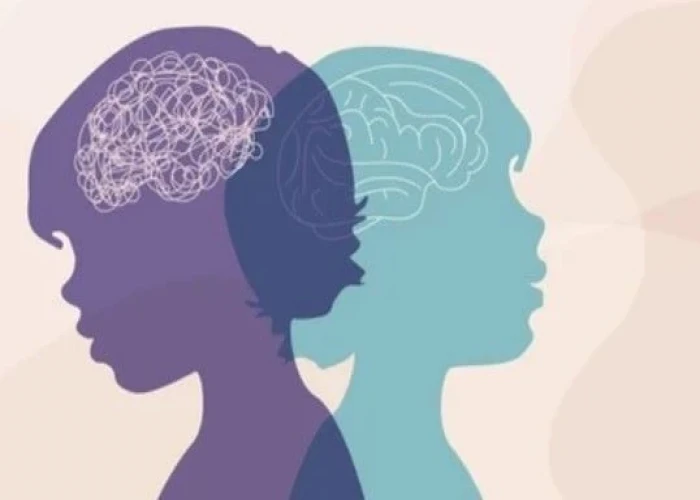
REM sleep behavior disorder
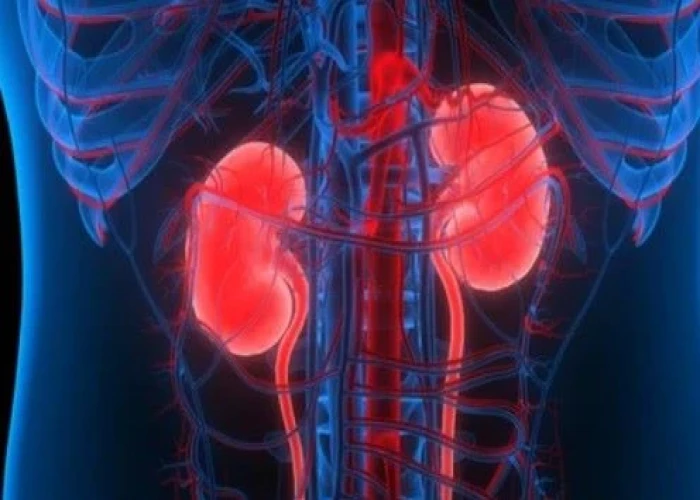
Pyelitis
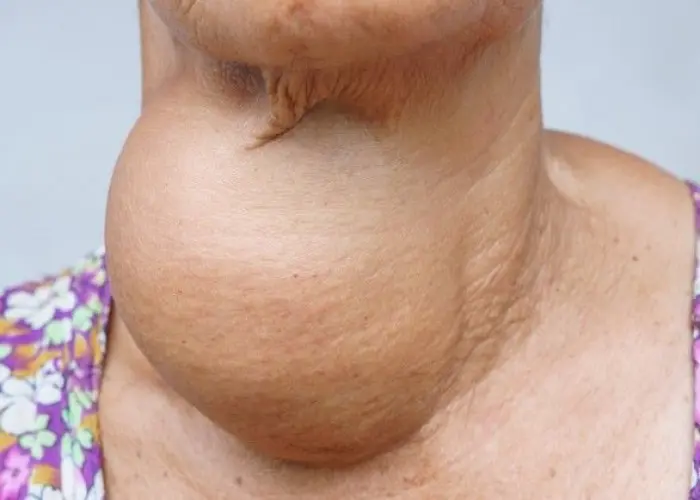
Goiter

Wheat allergy
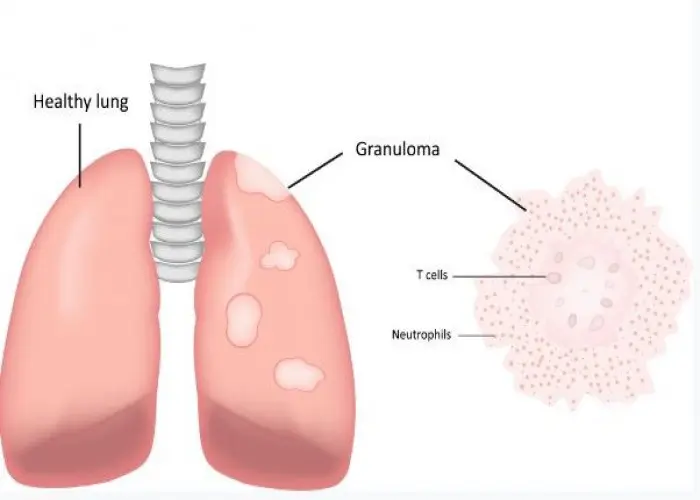
Granulomatosis with polyangiitis

Germ cell tumors
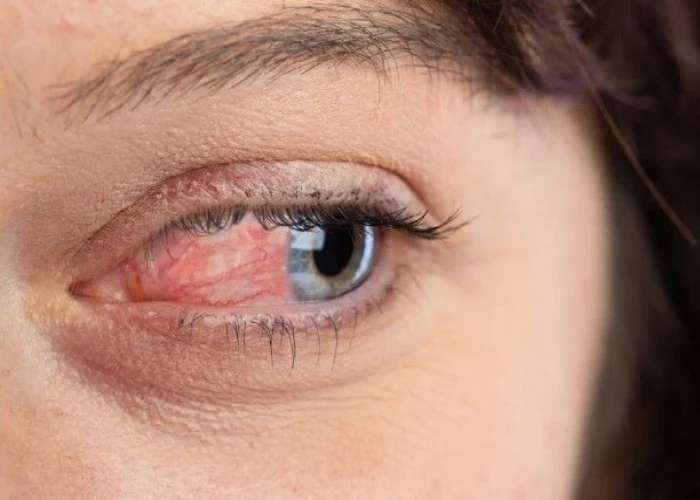
Ocular rosacea
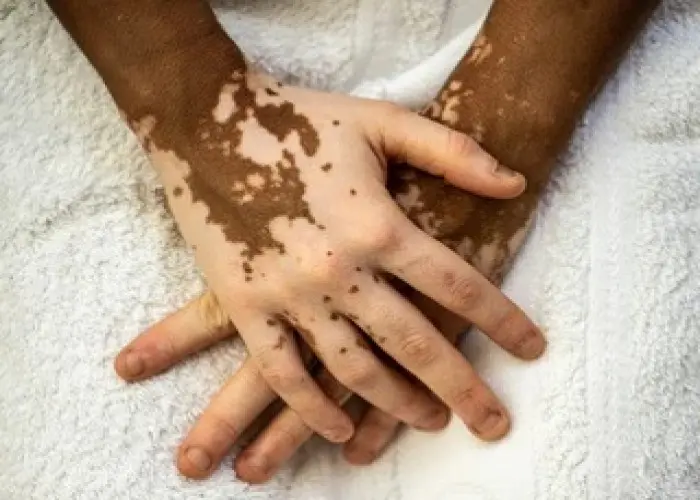
Albinism
female sexual dysfunction, মহিলা যৌন কর্মহীনতা
To be happy, beautiful, healthy, wealthy, hale and long-lived stay with DM3S.
